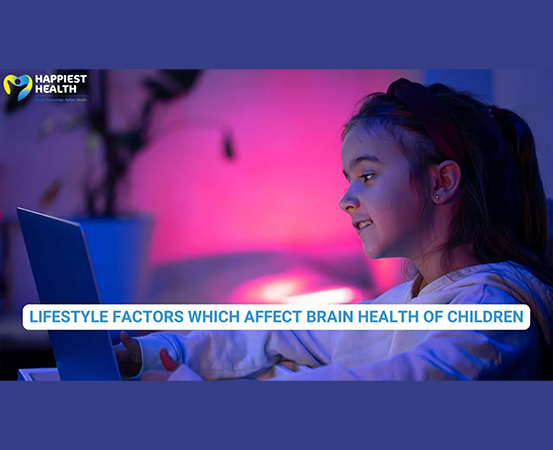
“With classes shifting online, soon followed by virtual workspaces, my screen time began to reach unprecedented highs, with very little scope to cut down on gadget use. The brunt was largely borne by my eyes, as became evident with the symptoms I started to experience,” says 25-year-old Anjali Ramesh, a resident of Mumbai. “Dryness, irritation, a strained sensation in my eyes at the end of the day; I even developed a painful stye in my right eye once, which worsened before I finally got it treated properly,” she adds. Pandemic-related ocular issues have merely brought the importance of proper eye health to the forefront; however, it is essential to consistently get your eyes examined for a variety of other possible concerns as well.
For a holistic approach to eye health, it is important to keep certain questions in mind during your regular (every six months to one year) visits to the eye doctor.
Do you have access to my medical history?
“It is crucial for the ophthalmologist to have a clear idea of the person’s individual and family medical history in order to conduct an accurate, informed examination, considering any risk factors and proclivities,” says Dr Bhaskar Mukherjee, senior consultant, Dr Nihar Munshi Eye Foundation, Kolkata. Conditions such as diabetes, hypertension, cholesterol, thyroid problems and other related comorbidities combined with steroid exposure can lead to various ocular concerns such as diabetic retinopathy, glaucoma, macular oedema, cataracts, among others. “It is not merely the intensity of the disease that affects the eyes, but its duration as well. If you are mindful about providing your eye doctor with updated information, you can rely on them to detect and prevent these ocular disorders in time,” he adds.
With increased screen exposure in a post-pandemic world, what extra measures can I take to ensure my eyes stay healthy?
Dr Rekha Jhamnani, a Mumbai-based ophthalmologist, swears by the 20-20-20 rule, as do most eye specialists. “Every 20 minutes of screen time, focus on an object about 20 feet away for 20 seconds. This significantly reduces strain on the eyes and is an absolute must for people whose work involves more than 5-6 hours of continuous screen time,” she says. You should frequently blink to ensure that your eyes don’t get too dry and opt for lubricating eye drops in case of irritation or dryness, adds Dr Mukherjee. Try to avoid exposure to direct AC ventilation. Always place the gadget at eye level and ensure that the screen brightness and colour grading is optimal for eye comfort.
Are there any lifestyle changes I should make that would be beneficial for eye health?
Nutrition is the foundation of proper eye health, and doctors stress on the importance of a balanced diet, with a focus on elements that are conducive to ocular wellbeing. “Vitamin A is the key,” says Dr Jhamnani. Leafy vegetables, carrot, pumpkin, spinach, papaya, walnut, and flax seed are excellent sources of Vitamin A. Dr Mukherjee also suggests exposure to sunlight. “At least 2 hours of outdoor activity is necessary for a regular supply of Vitamin D. You can also do some easy eye exercises to help preserve vision,” he says.
What are the best vision correction options available and suitable for my eyes?
“Blue cut lenses are designed to absorb the harmful blue light emanating from screens and are instrumental in reducing the impact of daily screen exposure,” says Dr Mukherjee. Anti-glare and UV protective options are also quite helpful and should be considered when one decides the kind of lens to buy. “Contact lenses need to be handled with utmost care, and measures should be taken to prevent undue irritation, or worse, infection,” he adds. Individuals need to ask their eye doctor for advice before selecting a vision correction option that works for their particular case.
Are there any symptoms I should be looking out for, and when should I return for my next visit?
Dr Jhamnani is concerned about the lack of awareness about regular ophthalmologist visits. “Most people think they should only go to the eye doctor for basic vision correction, and do not consider the necessity of well-rounded eye examinations,” she says. “Please visit your eye doctor at least once a year (preferably every 6 months) for a holistic eye examination. If you have comorbidities, stay alert for symptoms such as blurred vision, extra dry or watery eyes, itchiness, etc. and ask your doctor about how often you should schedule visits, she concludes.
The landscape of comprehensive eye health involves numerous factors that must be examined on a regular basis. Serious ocular issues such as glaucoma, cataracts, age-related macular degeneration, etc. are treatable with early detection, and need to be accounted for along with general vision correction. For children, it is important to detect myopia at the early stages so that its progress can be kept in check, especially with the drastic increase in screen exposure.

















